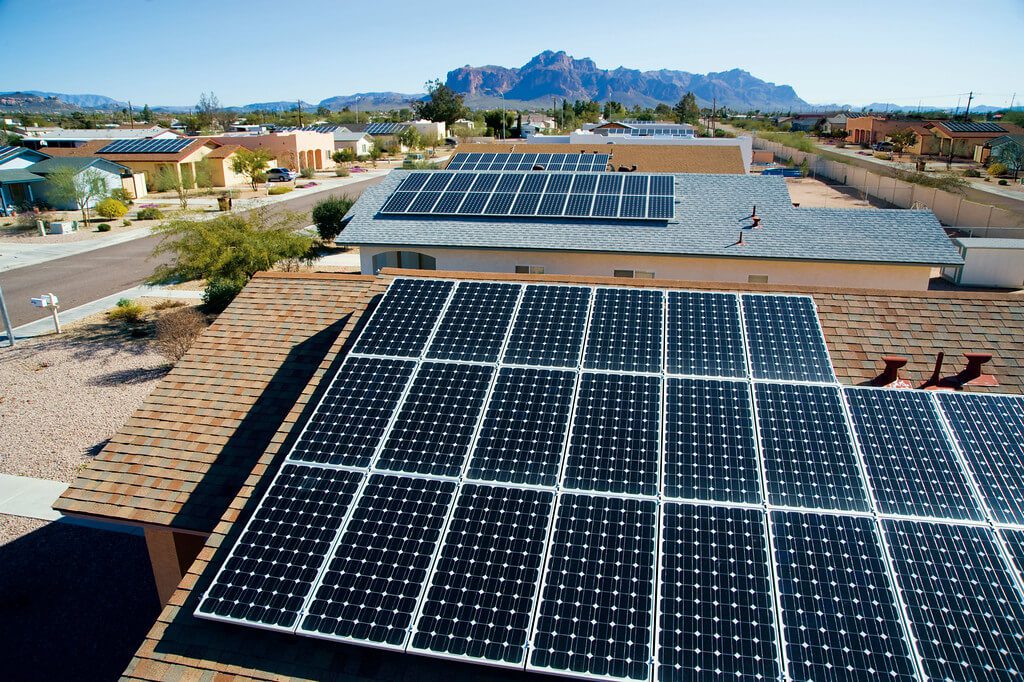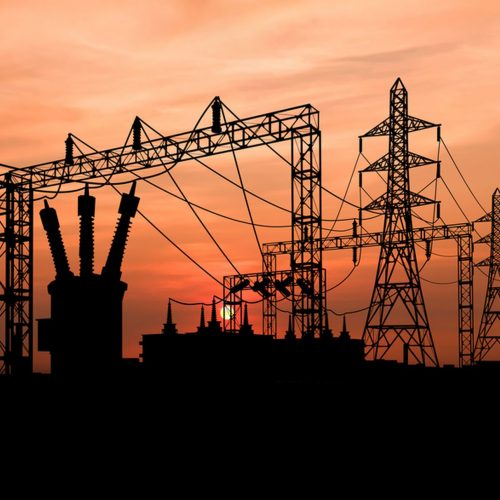Webinar: Scalable Commercial Solar + Storage for California CCAs – 11 March 2026
This one-hour Clean Coalition hosted webinar takes place 11 March 2026 at 10:00 AM PST
Read More
Advanced inverters will increasingly be required for distributed solar generators across the country. The Clean Coalition is working to ensure that advanced inverters are treated as a cost-effective tool to optimize power quality, system reliability, and ratepayer economics through distributed voltage regulation.

While there is clear recognition that advanced inverters offer grid benefits, how to fairly allocate their costs and compensate their benefits is a topic of hot debate. Objective experts recognize that advanced inverters enhance overall power system reliability. The reactive power capabilities of advanced inverters enable distributed voltage control, which significantly outperforms centralized voltage control. Reactive power suffers far greater line losses than real power, and those losses increase as a line is more heavily loaded. Distributed reactive power from advanced inverters improves power system efficiency by minimizing reactive power line losses and reducing line congestion.
Recovering Costs and Compensating Benefits
This Clean Coalition article from 2013, published on SolarServer, is still a definitive resource making the case for advanced inverters.
The latest in clean local energy
Learn about our innovative projects and initiatives on our blog, and see what others are reporting about our important work.
This one-hour Clean Coalition hosted webinar takes place 11 March 2026 at 10:00 AM PST
Read MoreBusiness Wire reports on Intersolar & Energy Storage North America's program, including Clean Coalition's "Energy Tetris" Power Lunch.
Read articleThe Clean Coalition was a partner organization for this webinar, which took place on 28 January 2026 at 10am.
Read More